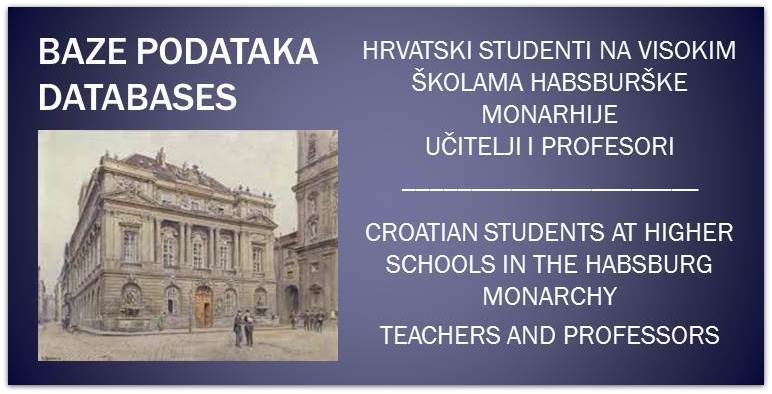Processes of Social Decline among the European Nobility (Tübingen, Germany, 17.-19. September 2014)
International conference Soziale Abstiegsprozesse im europäischen Adel – Processes of Social Decline among the European Nobility has been organized 17-19 September 2014 at Eberhard Karl University in Tübingen as part of the research project “Threatened Orders – Societies under Stress”.
Conference report (H-Soz-Kult)
Dr. Ivana Horbec participated at the conference with the paper titled Arme Diener des Königs und ihre (verpassten) Chancen. Existentielle Herausforderungen des kroatischen Kleinadels im 18. Jahrhundert – The king’s poor servants and their (missed) opportunities. Existential challenges faced by the Croatian lower nobility in the eighteenth century. New modalities in higher education in Habsburg Monarchy during Enlightened Absolutism and their impact on social ascent and decline of Croatian lower nobility were analyzed.
Summary (English):
Around the mid-eighteenth century, the Croatian nobility found itself at a turning point: important changes were taking place in domains on which the honour and prestige of the nobility rested. After the end of the continuous anti-Ottoman wars and with stricter organization of national military service, the military role of the nobility took a back seat. This was accompanied by extensive processes of nationalization and formation of a proto-modern administration in the Habsburg monarchy, which represented for the nobility their struggle to preserve their privileges. On the other hand, this opened up new possibilities for nobles – in particular, the prospect of political careers in the Habsburg power system. The main objective of this paper is to analyse the conditions under which the Croatian nobility adapted to the new requirements of vertical mobility. In the process, the lower nobility was brought to the fore; it made up more than 80% of the Croatian nobility and the Viennese Court hoped to gain its assistants in local, estate-controlled administration from among its members. This paper attempts to answer the following research questions: what new criteria did enlightened absolutism introduce into public services as the main form of aristocratic participation in peacetime? What impact did such reforms have on the educational prospects and career choices for Croatian nobility and lower nobility in particular? Which challenges did the lower nobility have to confront in order to avoid further decline? Finally, what were the effects of reforms on noble identity and the subsequent political positioning of the lower nobility? Furthermore, we will try to argue to support the assumption that the lower nobility as a whole was the most heavily impacted by the reforms of enlightened absolutism, although the opportunities offered by the monarch were mainly directed at destitute nobility. The reforms rather also formed the basis for the later rise of the bourgeoisie, while the lower nobility generally adopted a more conservative position, possibly leading to its political, economic and social decline.








